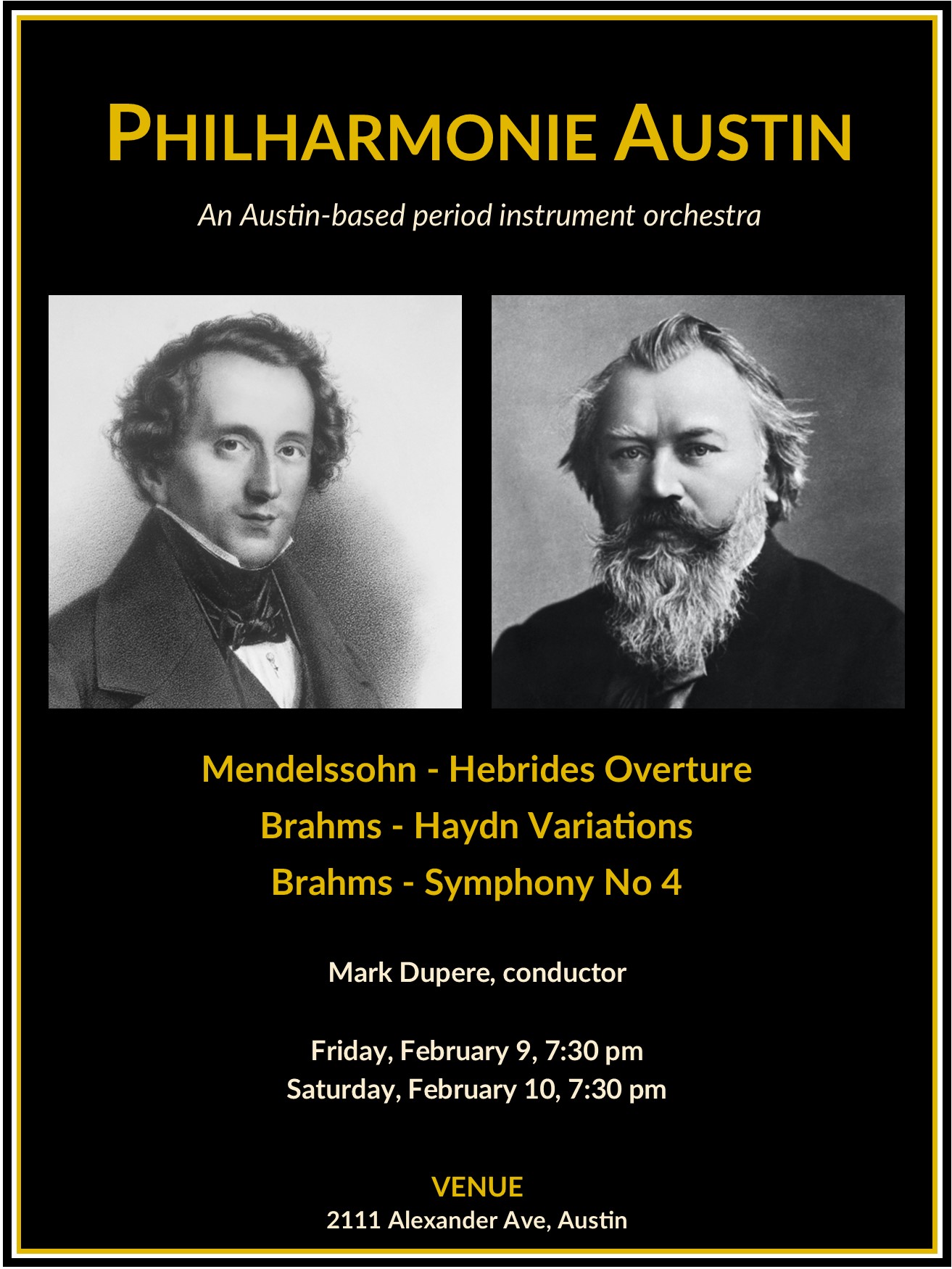Composer, pianist and conductor, Benjamin Britten was one of the musical giants of the last century. When still a toddler, he showed exceptional musical promise, starting to compose and improvise at the piano at a very early age. By twelve he had already composed six string quartets, ten piano sonatas, numerous suites of piano pieces and songs.
From age 13 he spent his summer vacations as a composition student of composer and pianist Frank Bridge. In 1930 he was accepted as a student at the Royal College of Music in London.
Britten was predominantly a vocal composer. His output included over a dozen each of operas, cantatas and song cycles, most of which were written with specific performers or venues in mind. He spent the years 1935-39 composing music for over 20 documentary films. But as a committed pacifist in a country hostile to men who eschewed their patriotic duty, he left England for Canada and the United States when war broke out. Nevertheless, he returned home in 1943, joining the war effort by composing for documentary films.
Britten composed his only Piano Concerto in early 1938, and premiered it with the BBC Promenade Concerts that summer. The audience was enthusiastic, but the critics found it too much of a crowd-pleaser. In 1945, at the encouragement of his colleagues, especially pianist Clifford Curzon, he replaced the third movement, Recitative and Aria, with a new one, Impromptu.
Britten described the concerto, Neoclassical in style, as “Not by any means a symphony with pianoforte, but rather a bravura concerto with orchestral accompaniment.” Its first movement, Toccata, is a bold and brash audience pleaser, the piano rushing in without introduction; a lengthy cadenza leads the movement to a more thoughtful and gentle close. The second movement, Waltz, opens with a muted viola and piccolo introducing a wistful slow waltz, which gradually increases in tempo, reaches a dramatic outburst in the Trio.
The slow movement, Impromptu, is a passacaglia, a theme with seven variations, based on an 8-bar sequence from the incidental music Britten wrote for a radio play on the subject of King Arthur. It leads directly into the finale March, more a parody than a true march. It brings back the brash spirit from the opening movement.
Program notes by:
Joseph & Elizabeth Kahn
Wordpros@mindspring.com
www.wordprosmusic.com
